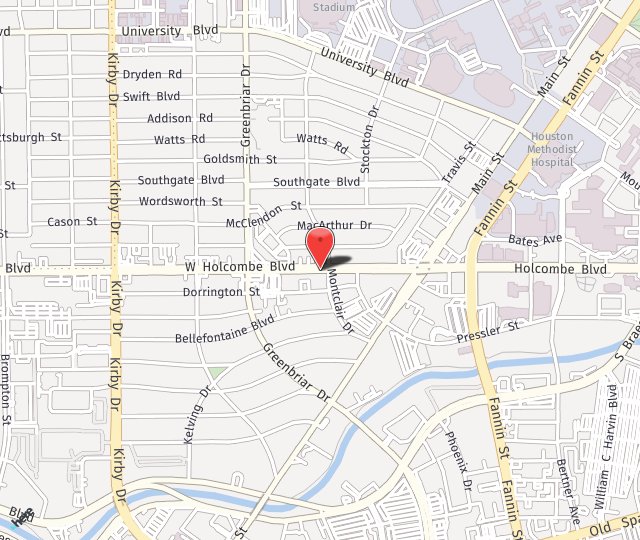
The temporomandibular joint is one of the most complex joints in the body. This joint connects your jaw to your skull, allowing you to talk, chew and yawn—all things we take for granted when working correctly. When this joint is out of alignment, it causes debilitating pain, discomfort and loss of function.
It is difficult to determine the exact cause of TMJ, but injury is one cause. The condition can develop from an injury such as a jarring blow or whiplash to the jaw, joint, head muscles or neck muscles. Dislocation of the disk separating the ball and socket of the joint can cause this disorder. Damage to the cartilage of the joint from arthritis or stress from the tightening of the facial and jaw muscles are often to blame.
Missing teeth, misaligned teeth, grinding, clenching your teeth can cause TMJ. Even ear pain or ringing in the ears can be attributed to TMJ caused by clenching or grinding teeth or bite-related issues.
Your headache could be linked to TMJ. Headaches affect more than 90 percent of the population, but not all headaches have an identifiable cause. Headaches that can be caused by TMJ include tension headache, sinus headache, migraine-like headache and cranial neuralgias and facial pain. When the temporomandibular joint is out of alignment, it can lead to tension in the muscles, causing headaches.
Treatment starts with controlling pain, then finding the root cause. Once you are diagnosed with TMJ, Dr. Konig will help you identify which treatments would work best to stop the pain, including ultra low-frequency TENS, myofunctional therapy, anti-inflammatory medication, physical therapy and more. Once pain is under control, Dr. Konig investigates the underlying cause to determine an appropriate treatment plan to improve the function of the jaw.
Dr. Konig has extensive experience in the field of neuromuscular dentistry for the treatment of TMJ, and can advise which treatment or combination of treatments would work for you. Call 713-425-1302 today for a consultation with Dr. Konig.

